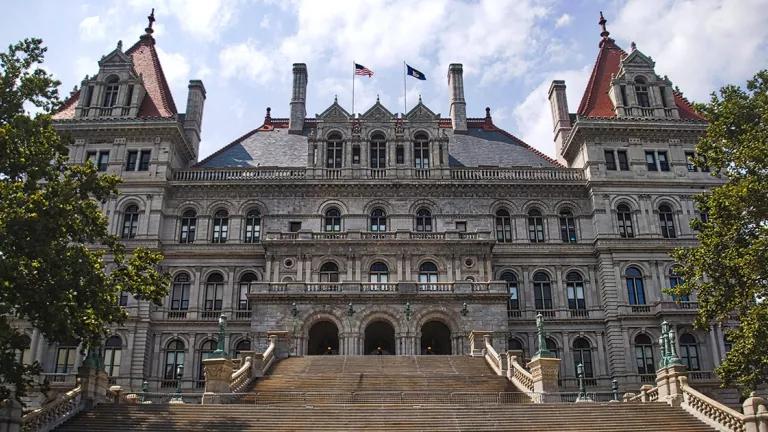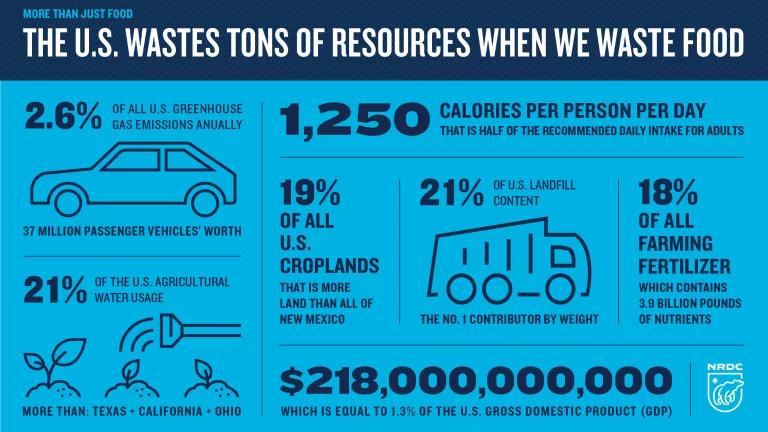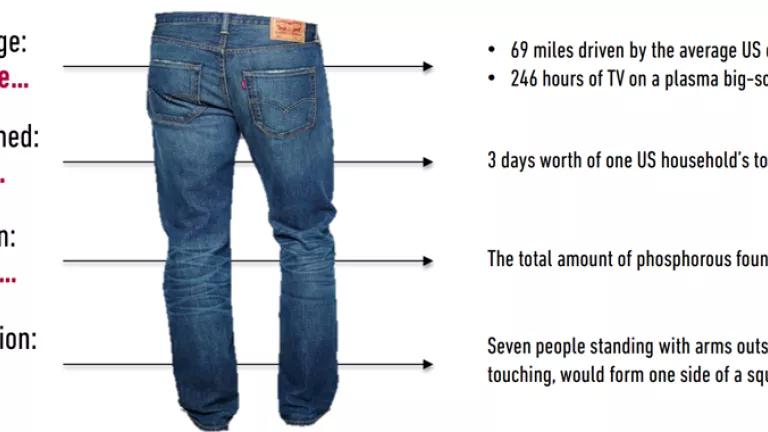Food Matters City Summit: Addressing Food Waste Together

In an Inaugural Food Matters City Summit, we’re bringing together a diverse mix of stakeholders, from mayors to policy-makers to thought leaders and institutional partners to elevate local solutions to food waste. Cities are uniquely situated as change actors because they manage municipal waste, are closely connected to food business operations, and are accountable to all of their citizens including those facing food insecurity. Oftentimes cities see progress on food waste not only as an economic driver—reducing a significant portion of their waste stream saves costs for both the local government as well as for local businesses—but food waste reduction is a key component of achieving their sustainability goals as keeping food out of landfills lessens greenhouse gas emissions.
The core component of the Food Matters project is intense policy and program development with two model cities: Baltimore and Denver. But our theory of change rests on the principle that the lessons learned there can be replicated and scaled to many more cities across the country. The summit will not only highlight the environmental, social and economic imperatives of addressing food waste, it will workshop practical strategies to rethink why food gets wasted, reduce unnecessary waste, rescue quality food that could feed people and recycle inedible scraps. At the summit, more than 20 cities are gathering to exchange with peers on common pain points and effective solutions, learning from one another so as not to reinvent the wheel on every strategy.
A key component of Food Matters is a knowledge sharing network to stimulate peer-to-peer learning and widespread dissemination of best practices and lessons learned. This summit allows cities to access one another’s expertise on previously tested solutions. Our hope is that it will catalyze innovation, enhance cities holistic effectiveness, and stimulate shared and creative thinking. It is a core driver of Food Matters’ ability to scale from two model cities to a nation-wide movement on actionable food waste reduction strategies.
To that end, NRDC has been focused on developing shelf-ready solutions to curb food waste now. One tool that we’ve developed and are sharing widely is a calculator to assess baseline estimates of both how much food is going to waste in a city and how much food that is currently being discarded could potentially be recovered to assist people in need. We took the models developed in our original research on food waste generation and rescue potential in three cities—Denver, Nashville, and New York—and made them accessible to other cities who do not have the extensive time or resources to duplicate our methodology for their jurisdiction. We’ve been working with several cities across the country to translate available data into sector-based estimates of food waste and rescue potential. This local baseline enables cities to focus future work and align resources with the interventions that are most appropriate for their circumstances. The City Summit will provide a space for these cities and others to share their progress and what comes next with one another. Our hope is that the Summit will spark more opportunities for alignment on replicable activities that can be widely distributed to more cities addressing wasted food.





